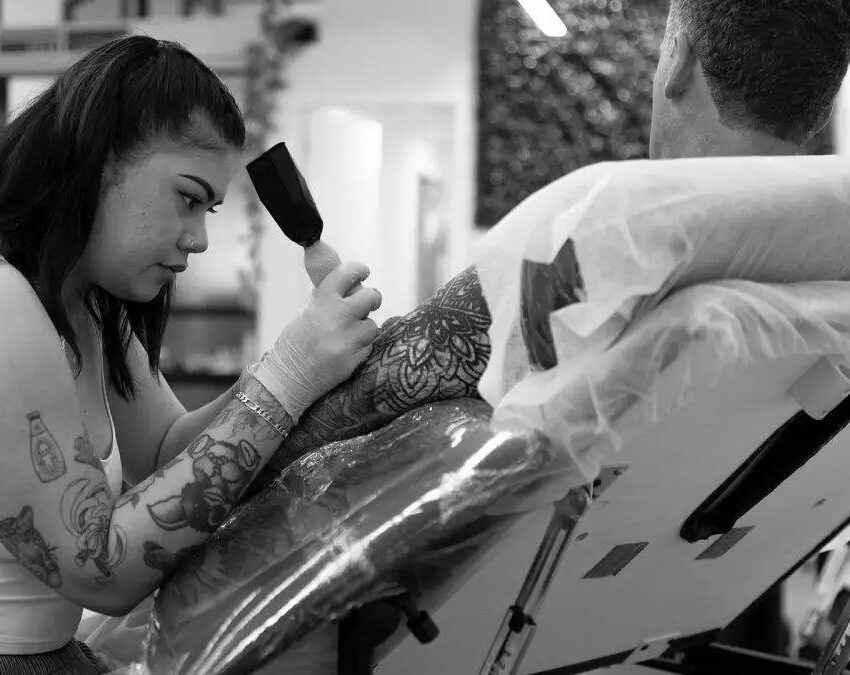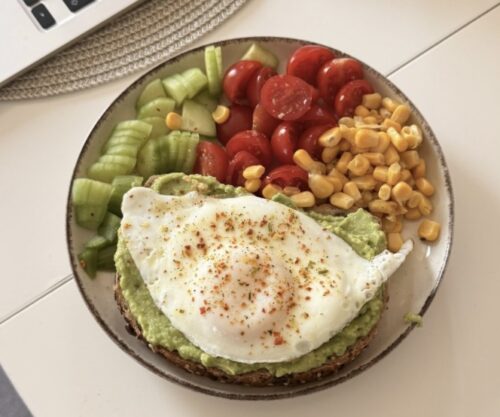
The Rush Beneath the Needle
Ask anyone with a sleeve or even a small piece, and you’ll hear it: once you get one tattoo, it’s hard to stop. While “tattoo addiction” is not a recognised medical condition, science shows there are good reasons why people often feel drawn back for more. The process combines powerful biological reactions with deep psychological rewards, creating a loop that is hard to resist.
When a needle meets skin, the body interprets it as controlled trauma. In response, endorphins flood the system. These natural painkillers produce euphoria similar to a runner’s high. At the same time, adrenaline heightens the senses and brings an energetic buzz. Add dopamine, the neurotransmitter linked to pleasure and reward, and you have a cocktail that reinforces the desire to repeat the experience.
More Than Chemicals
But it’s not only about the body’s chemistry. Tattoos serve as living stories. For many, they are milestones, tributes, or badges of identity. The act of choosing a design, booking the appointment, and enduring the pain can be empowering. It is a declaration of control over one’s body and, in some cases, a way to reclaim it after trauma.
The emotional connection is undeniable. A tattoo can immortalise a loved one, capture a life lesson, or symbolise survival. For some, this permanence makes the artwork feel addictive because it gives meaning that no temporary experience can match.
The Ritual and the Anticipation
Part of the thrill also lies in the build-up. The days leading to an appointment can feel ritualistic: sketching designs, sharing ideas with friends, and mentally preparing for the session. Anticipation itself releases dopamine, adding to the eventual high of the tattoo process. This cycle makes it easy to understand why some people immediately begin planning their next piece as soon as one is finished.
When Enthusiasm Becomes a Problem
Despite the common phrase “tattoo addiction,” experts emphasise that it is not a clinical diagnosis. For most, the pull toward more ink is harmless passion. But when it crosses into reckless spending, emotional dependence, or using tattoos as the only coping strategy for pain or anxiety, it can become unhealthy. In those cases, professional guidance may help untangle the underlying issues.
Ink, Identity, and Balance
South Africa, like much of the world, has embraced tattoos as mainstream. No longer confined to bikers or rebels, body art has become a celebration of identity across cultures and generations. The desire for more ink is part science, part psychology, and part social belonging.
So are tattoos addictive? Not in the medical sense. But the mix of natural highs, emotional empowerment, and cultural normalisation makes them one of the most compelling forms of self-expression. The key lies in balance, appreciating tattoos as art and story without letting the desire tip into compulsion.
Featured Image: Omnia Tattoo Studio




